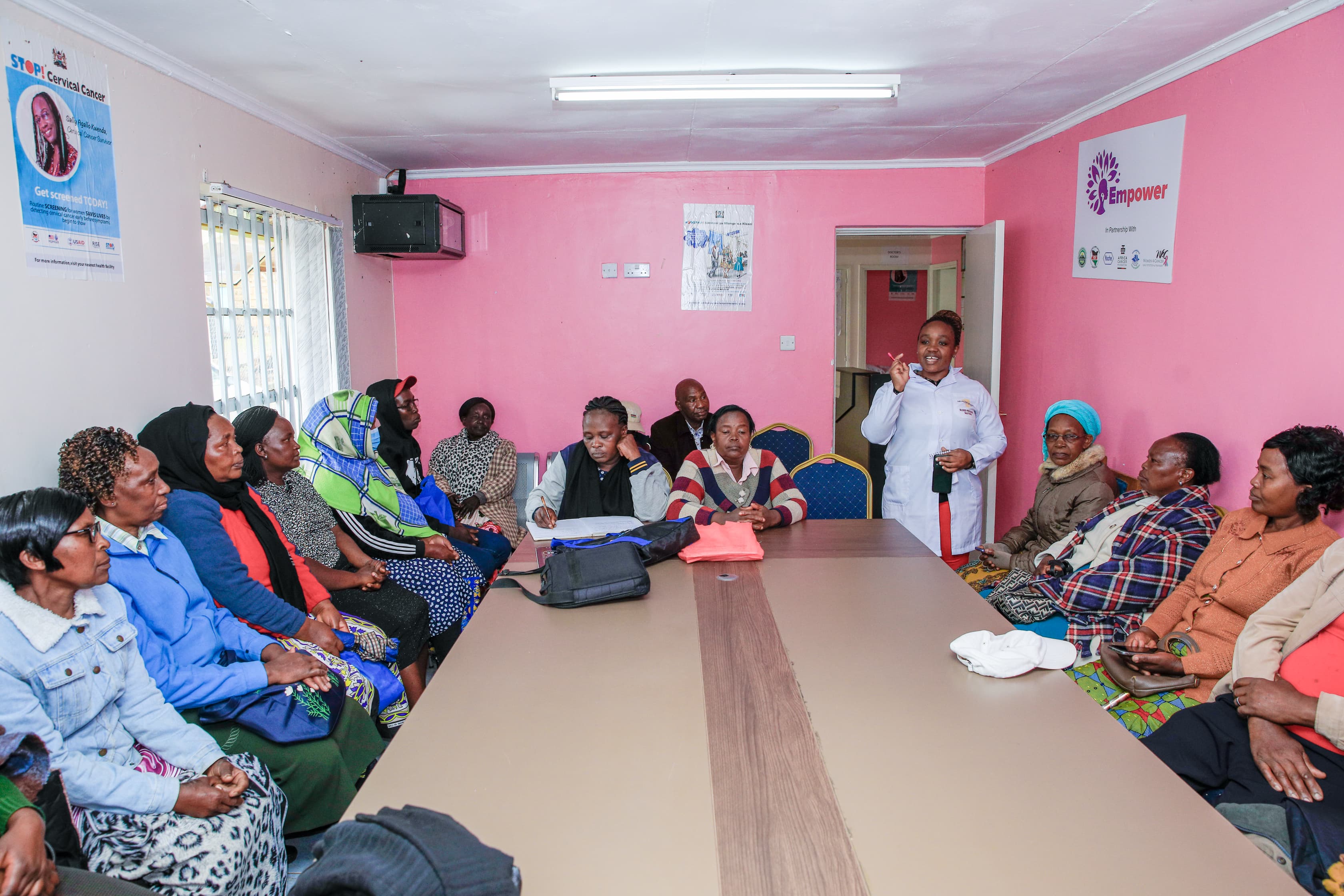A groundbreaking clinical trial has shown that a new injectable drug offers complete protection against HIV infection in young women.
The trial, called Purpose 1, took place in South Africa and Uganda and involved over 5,000 participants.
The drug, lenacapavir (Len LA), is administered just under the skin every six months, a significant advantage over existing daily PrEP pills.
These pills, while effective, can be challenging to adhere to due to social and structural reasons, particularly for young women in high-burden areas.
Highly Effective Results
Read More
The trial demonstrated exceptional efficacy for lenacapavir. None of the 2,134 women who received the injectable drug contracted HIV.
In comparison, there were infections among those taking the daily PrEP pills: 1.5 per cent for Truvada (F/TDF) and 1.8 per cent for Descovy (F/TAF).
Hope for the Future
These results offer significant hope in the fight against HIV. With millions of new infections occurring annually, PrEP remains a crucial prevention tool.
However, perfect adherence is necessary for optimal effectiveness, which can be a barrier for some groups.
Experts believe the biannual injection could be a game-changer, particularly for young people who struggle with daily medication adherence.
Looking Ahead
The Purpose 1 trial will continue in an "open label" phase, allowing participants to choose their preferred PrEP option.
Additionally, a sister trial, Purpose 2, is underway to assess lenacapavir's effectiveness in different populations.
Regulatory approval is the next hurdle. Gilead Sciences, the drug's developer, plans to submit data to relevant authorities within the next few months.
Affordability remains a critical concern, but Gilead has expressed its commitment to licensing generic versions of the drug.
A Step Towards Ending AIDS
While PrEP is not a standalone solution, the success of lenacapavir offers a powerful new weapon in the fight against HIV.
Widespread adoption and access, particularly in high-burden regions, are crucial to achieving the UNAIDS goals of drastically reducing new infections and ultimately ending AIDS as a public health threat

-1720036750.jpg)










